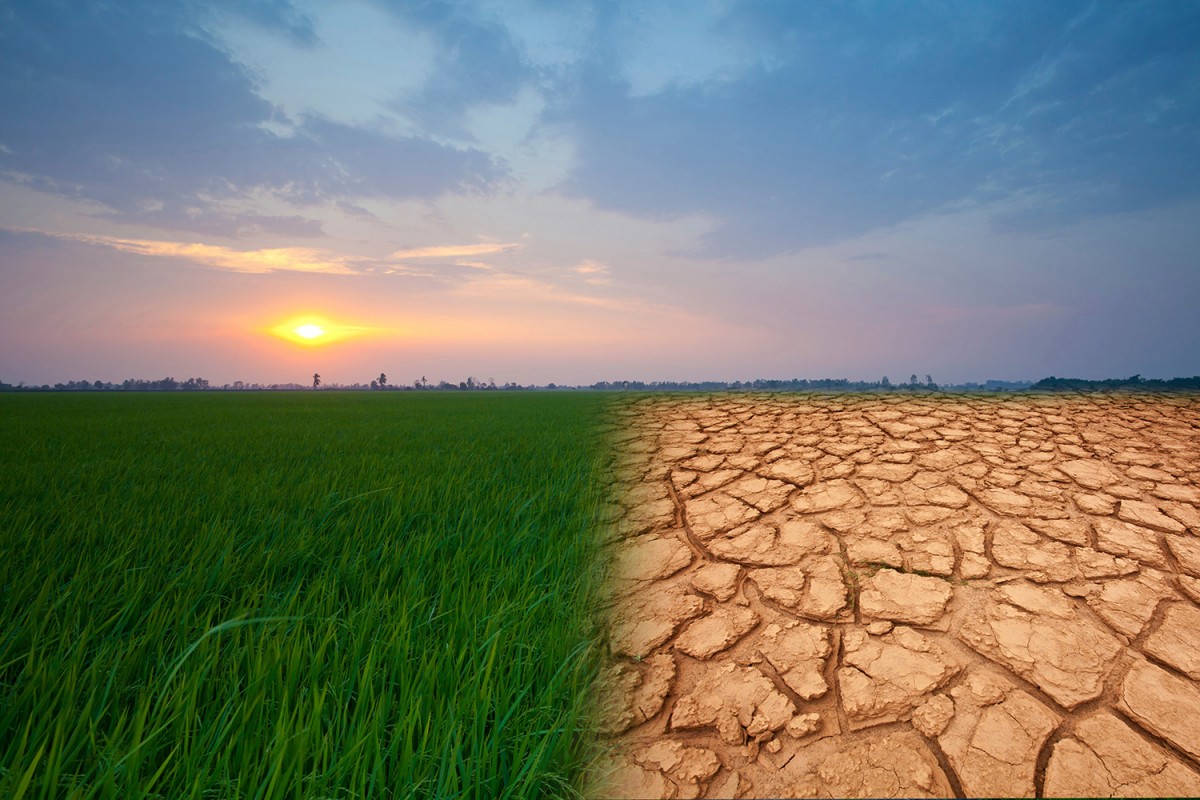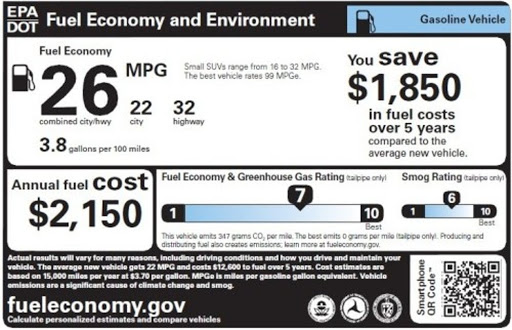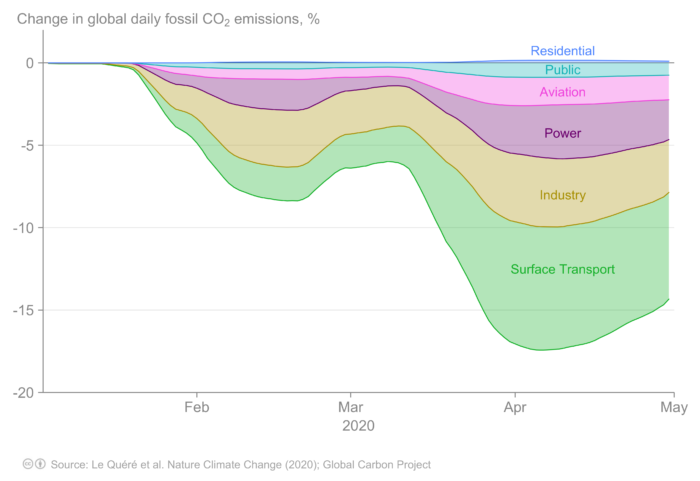 If we have to tackle climate change, people organizations at all levels -- from governments to companies and individuals have to work together.
If we have to tackle climate change, people organizations at all levels -- from governments to companies and individuals have to work together.
While changing our individual actions can help the environment, it can only do so much. We need to develop climate-friendly, affordable options that are available to everyone. This is where climate policy comes in.
Climate and environmental policies help address the negative effects of climate change and allow us to improve existing systems to be more climate-friendly.
There are two main areas of climate policy. One area focuses on reducing greenhouse gas emissions to avoid future climate change. This is known as mitigation.
The second focus is on adapting to the impacts of climate change that are already affecting humans and the environment.
Who is responsible for climate policy?
Climate policy is developed at the local, state, national, and global levels.
At the international level, countries generally come together to set targets for climate action, such as through the Paris Agreement. These targets are then addressed by different countries within their own regions. They may establish electricity, transportation, and building standards at national to more local levels to reduce emissions.
How is climate policy developed?
 New policies are developed by the government by bringing together the interests and concerns of everyone involved.
New policies are developed by the government by bringing together the interests and concerns of everyone involved.
While designing a new policy, governments will need to consider the overall objective and timelines, technologies needed to implement the policy, and its benefits or limitations.
It is important to track the implementation of climate policies. This allows us to understand what is working well and where adjustments need to be made to achieve the goals.
There are challenges in developing and implementing climate policy. Different parties might have different interests that must be taken into account. Sometimes, groups with more political influence can sway policies.
Also, if policies are not well-designed or have standards that are hard to achieve, they may end up being ineffective or have consequences that were not intended.
Hence, in order for new policies to be effective, there must be political will, with support from the public and politicians. There must also be the ability to track and enforce policy implementation.
What COVID-19 taught us?
 The COVID-19 pandemic led to decreases in emissions for short periods of time during major lockdowns and restrictions.
The COVID-19 pandemic led to decreases in emissions for short periods of time during major lockdowns and restrictions.
However, even with the pandemic, a large proportion of greenhouse gas emissions continued to occur. According to Nature, a science magazine, the U.S emissions only went down by 13% during the peak of the pandemic.
The future of climate action lies in finding policy and technology solutions that improve all areas -- from energy to agriculture, industries, and buildings. These solutions also have to be equitable so that people living in low-income communities benefit too, as they will be most impacted by climate change.
One silver lining of this devastating pandemic is that it has opened people’s eyes to what can and cannot be changed in their daily lives. It has also given us the opportunity to think about broader and more permanent changes that can help the climate.







